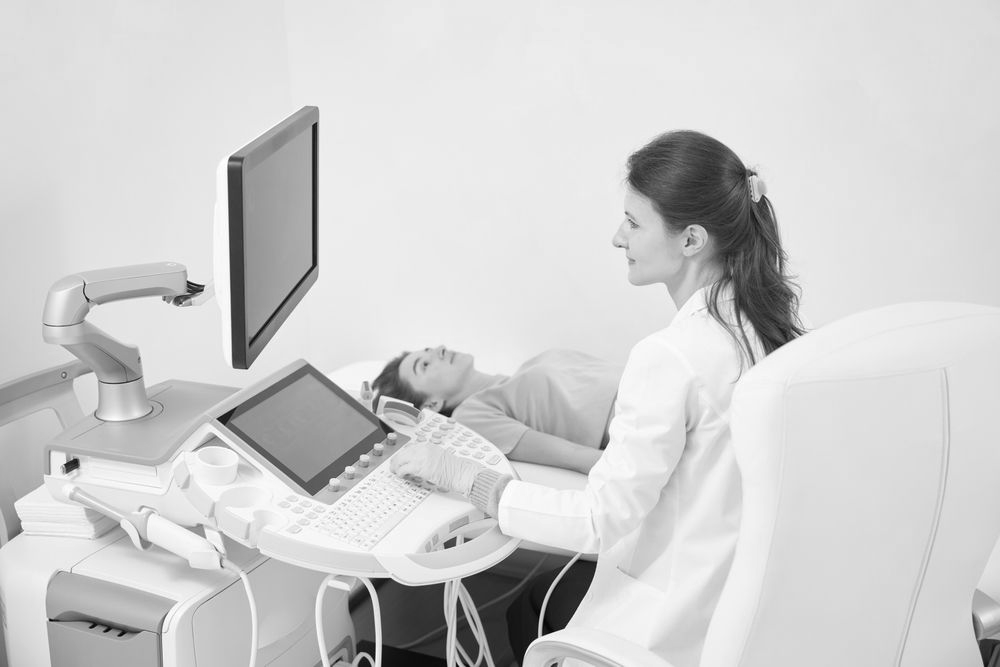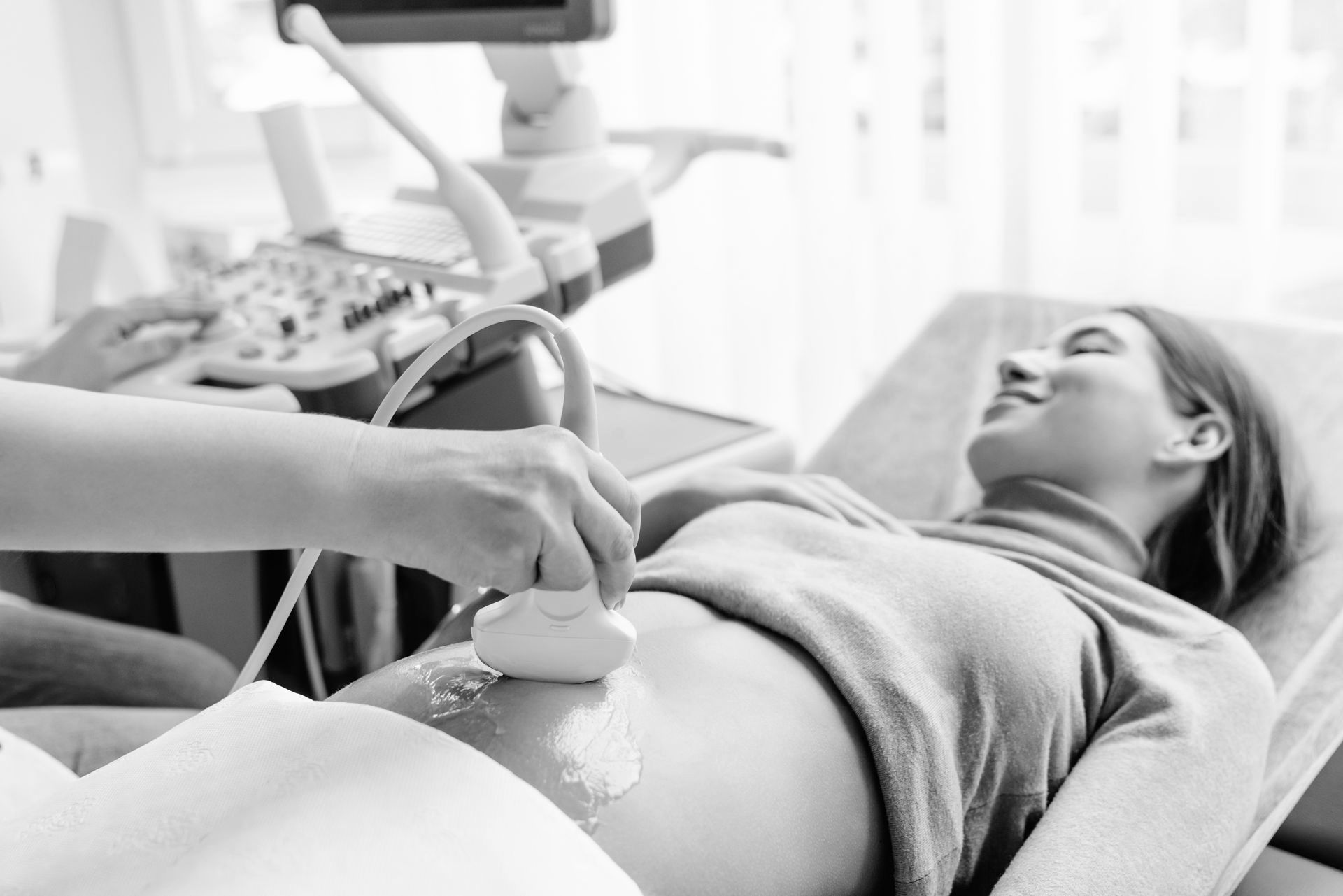The Abortion Pill and its Side Effects: A Full Breakdown
Share this Article:

Women who are facing an unplanned pregnancy may have heard about the abortion pill. It seems to offer a direct and fast solution to what is occurring, but it is critical to understand what it is, the complications that can occur, and what you can expect from it.
Willow Womens Center is a trusted medical center that offers authentic, accurate insight into all pregnancy options to empower women to make decisions that are right for their needs and their future. Before you make this decision, learn what you should know about the abortion pill.
What is the Abortion Pill?
The abortion pill, also known as a medical abortion or Plan C, is a process that enables the body to stop the fetus from growing and then expels it from the body. It is not a single pill but rather two different medications taken over several days. It is one of several types of abortion available to women in some states.
How Does the Abortion Pill Work?
In the US, there are two prescription pills that are taken together leading to an abortion. The first medication is mifepristone (Mifeprex). This component stops the growth of the fetus. The second pill, taken up to two days later, is misoprostol (Cytotec). It works to expel the fetus from the body.
In the first step, mifepristone stops progesterone, which is the hormone that supports the pregnancy’s development. This leads to the pregnancy detaching from the wall of the uterus, preventing it from growing. This drug also releases the hormone prostaglandins, which stimulates contractions.
The second medication, misoprostol, is usually taken 24 to 48 hours later. This is much like prostaglandins, though it is lab-made and stronger. It will create more significant contractions that help to push the pregnancy from the uterus. This medication typically causes bleeding and cramping as the pregnancy is discharged through the vagina.
Is the Pill Safe?
The abortion pill has been approved by the FDA for use when prescribed by doctors. It is prescribed by those who are a certified abortion provider, such as a gynecologist, or through an abortion clinic. The abortion pill may also be available online without an in-person visit. While not all providers require an ultrasound to prescribe the abortion pill, it is still important to confirm the pregnancy’s location and viability.

It is best to speak to your doctor about your medical needs and to ensure that you have full confidence in your decision. Willow Womens Center offers free ultrasound services to determine whether the pregnancy is located within the uterus and viable and provides the gestational age so you have all the information you need to make an educated choice.
What Are the Side Effects of the Abortion Pill?
You can expect a variety of symptoms when taking the abortion pill, including:
- Heavy vaginal bleeding and cramping
- Tiredness and weakness
Abortion pill side effects typically improve on their own within a few days to several weeks. If they do not, or if you experience other symptoms, it is critical to seek medical care immediately.
What Complications Can Occur?
Some of the complications that can occur are listed below, and there is also the risk of failure to end the pregnancy. In some situations, women may retain pregnancy tissue, requiring a surgical procedure for its removal. Other potential complications of a medical abortion may include:
- Allergic reactions to the medications
- Heavy bleeding that will not stop on its own
- Diarrhea and digestive system pain
- Infection
- Scarring
- Ectopic pregnancy
- Pre-term labor in future pregnancies
- Depression/mental health issues
Who Can’t Take the Abortion Pill?
Some people should not use the abortion pill without speaking to their doctor first. And some people may not be able to have a medical abortion, no matter the timing. This includes those with any of the following:
- Ectopic pregnancy, or a pregnancy that develops outside of the uterus
- Those with a history of bleeding disorders or clotting problems
- People who are taking long-term corticosteroids
- Those who are allergic to any of the ingredients in the abortion pill
- Those who are taking a blood thinner for any reason
- Those who have porphyria
- Those who have an adrenal gland problem
Patients that currently have an IUD in place, will need to have this device removed by their doctor before a medical abortion.

What to Expect After Taking the Pill
After you take the abortion pill, you will likely start to feel cramping within a few hours. Bleeding may begin right away as well. This is likely to continue and worsen during the hours that follow over the next few days. Most of the time, taking the second pill will cause pain and bleeding to increase even more. This could be an indication that the abortion is working.
Many women will experience a sense of being unwell or physically drained during this period. You may have some nausea and weakness as part of the process as well. It is not uncommon for women to have a fever as their body fights the changes that are occurring. It is normal to pass blood clots during this process, though they should not be anything larger than a tennis ball.
In situations where you experience a fever that lasts longer than a day or you have abdominal pain and cramping that do not seem to get better, it is important to speak to a medical provider.
Most women should begin to feel less tired within 24 hours after taking the second pill. Light bleeding and cramping may still continue for several days after the process. Most women are able to go back to work the next day, though you may still feel tired. You should also seek help from a medical provider if you experience no bleeding or your bleeding does not stop after the 12th day. Take care of yourself after your abortion by resting and listening to your body.
Where to Find Help and Support
Willow Womens Center offers quality care and fact-based information tailored to your individual situation and circumstances. You are valuable and should have the support you need during this time. We provide no-cost pregnancy services, from pregnancy testing to ultrasound, as well as STI testing. Contact us today to schedule a confidential appointment to discuss your needs. Willow Womens Center offers a judgment-free environment where you will be treated with compassion and where we will listen to your concerns and what matters to you.
Connect with Us:












